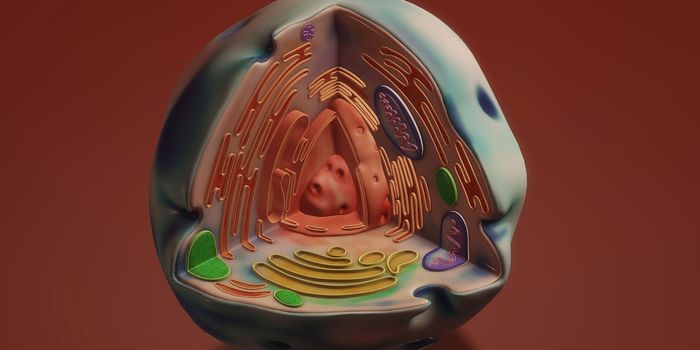A Breakthrough New Test Can Diagnose Chronic Fatigue Syndrome
At one time, clinicians debated whether chronic fatigue syndrome was a ‘real’ illness, or if it was all in a person’s head. Eventually, patients were validated, and chronic fatigue syndrome, or myalgic encephalomyelitis (ME/CFS) was recognized as a genuine health problem. But diagnosing it continued to be a problem because there were no reliable biomarkers for the disorder. But researchers have now found a test that can diagnose people with ME/CFS with 96% accuracy. This work, which was reported in The Journal of Translational Medicine, could also help researchers find better biomarkers for long COVID.
"ME/CFS is a serious and often disabling illness characterized by extreme fatigue that is not relieved by rest. We know that some patients report being ignored or even told that their illness is 'all in their head.' With no definitive tests, many patients have gone undiagnosed or misdiagnosed for years,” noted Professor Dmitry Pshezhetskiy of the University of East Anglia.
In this study, the investigators used a tool to analyze the epigenetic features of DNA in the cells of patients with severe ME/CFS and unaffected individuals. Epigenetic features can change the expression of genes, but do not alter the sequence of DNA. They may include chemical tags, like methyl groups, that can physically attach to DNA and influence gene activity, or alterations in the structure of DNA.
The investigators used this approach because ME/CFS is not caused by genetic changes that a person is born with, but may relate to epigenetic changes that happen over a lifetime. The team used the EpiSwitch 3D Genomics technology from Oxford BioDynamics (AIM:OBD) to assess epigenetic features in cells. This effort revealed an epigenetic pattern related to DNA structure that was unique to people with ME/CFS. These epigenetic characteristics could identify people with ME/CFS with 92% sensitivity: a measure of how well the test identifies people with the disease; and 98% specificity: a measure of how well the test identifies those without the disease.
"With this breakthrough, we are proud to enable a first-in-class test that can address an unmet need for a quick and reliable diagnostic for a complex, challenging-to-identify illness,” said Oxford Biodynamics’ Chief Scientific Officer Alexandre Akoulitchev.
The test still needs to be applied to those without severe disease, so it remains to be seen how well the test might diagnose those with less severe forms of ME/CFS.
The cause of ME/CFS is still unknown, but scientists are continnuing to look for answers.
Sources: University of East Anglia, The Journal of Translation Medicine









